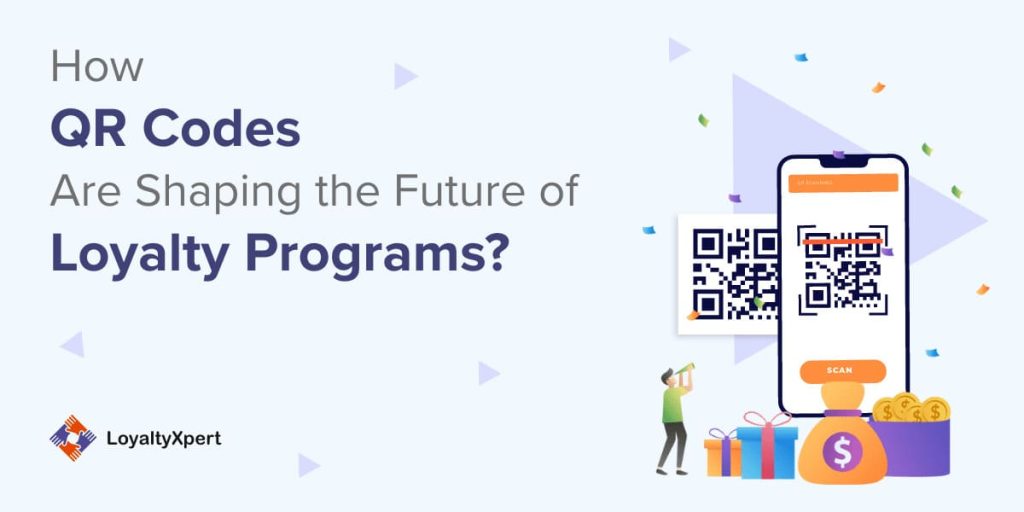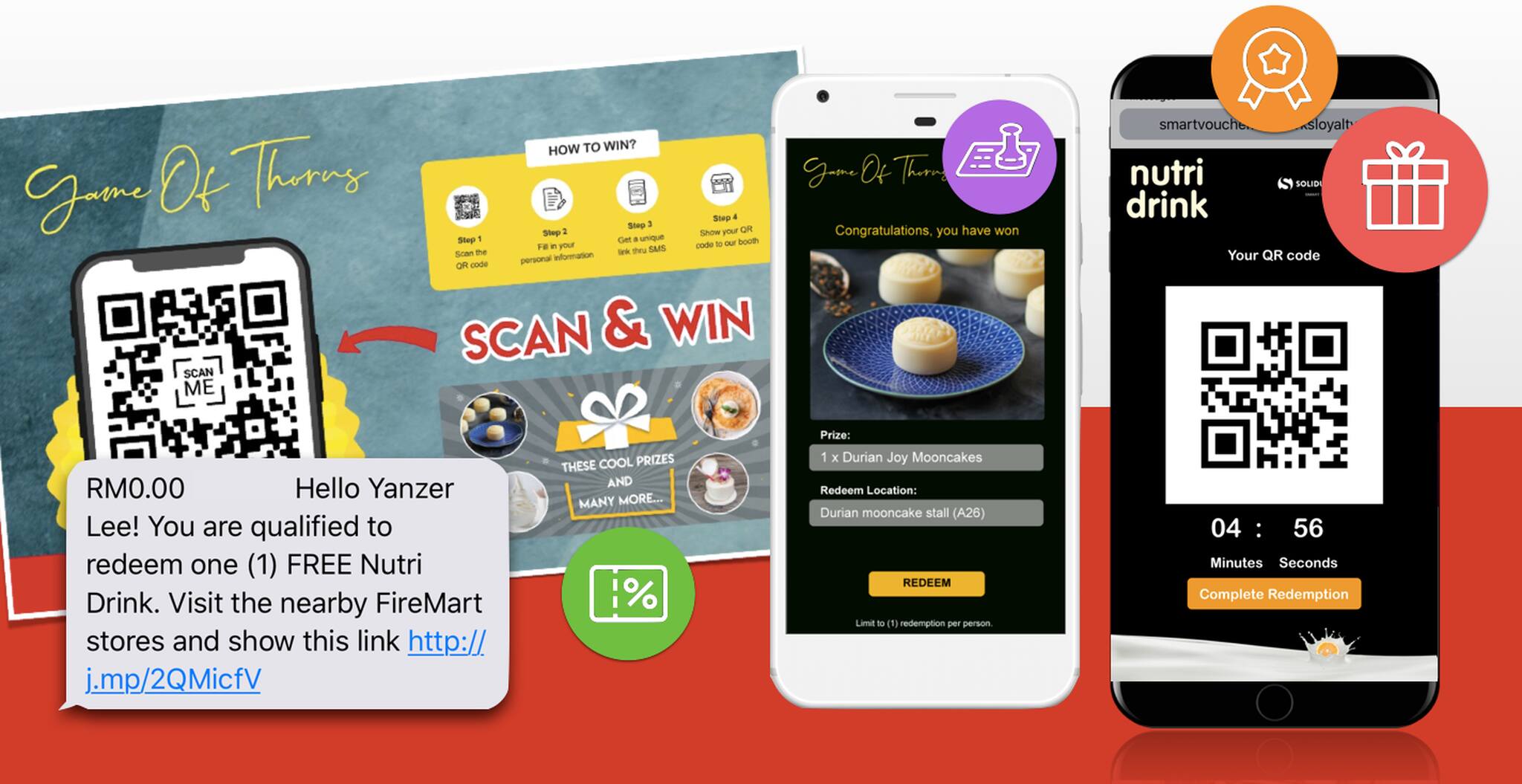Commitment System Insights: Rewarding Consumers and Expanding Your Brand Name
Commitment programs have developed past mere transactional incentives; they now offer as tactical devices for fostering much deeper client partnerships and improving brand name loyalty. The influence of a well-implemented loyalty program prolongs past client retention, driving campaigning for and shaping brand name perception in an affordable industry.
Comprehending Commitment Programs

By evaluating this data, businesses can tailor their offerings to much better meet consumer requirements, creating an extra individualized shopping experience. This customization is essential in building trust fund and psychological connections, which are crucial for brand loyalty. Additionally, loyalty programs can boost client involvement with special deals, incentives, and experiences that reverberate with consumers, reinforcing their commitment to the brand name.
Additionally, loyalty programs can add to enhanced consumer lifetime value, as dedicated and satisfied clients are most likely to make constant acquisitions and refer others. Ultimately, when carried out effectively, loyalty programs not just incentivize prompt sales but likewise grow a community of brand advocates, therefore driving sustainable growth for services in an affordable marketplace.
Kinds Of Reward Solutions
Numerous kinds of reward systems exist within loyalty programs, each made to accommodate various consumer preferences and company goals. One prominent strategy is the points-based system, where consumers earn points for each purchase, which can later on be retrieved for price cuts or items. This model motivates repeat deals and cultivates a feeling of success as customers build up factors.
An additional reliable type is tiered rewards, which incentivizes clients to reach greater degrees of commitment. As consumers progress through tiers, they unlock increasingly useful advantages, thereby improving client engagement and retention. This system rewards both preliminary investing and recurring loyalty, making consumers feel valued.
Cashback rewards are likewise widespread, supplying clients a portion of their purchase back as cash or credit scores. This straightforward approach appeals to price-sensitive customers and can drive a lot more regular purchases.
Last but not least, experiential benefits offer distinct experiences, such as exclusive events or very early access to items. These rewards create remarkable interactions with the brand name, promoting deeper psychological connections.
Each of these systems offers distinctive advantages, allowing organizations to tailor their commitment programs to line up with their customer demographics and critical goals.

Benefits of Executing Loyalty Programs
Implementing loyalty programs offers numerous benefits that can dramatically boost a business's relationship with its customers. By rewarding repeat acquisitions, services promote a sense of belonging, encouraging customers to return extra often.
Furthermore, loyalty programs make it possible for services to collect beneficial information on customer choices and buying behaviors. This details can be assessed to customize marketing initiatives, leading to even more effective and personalized campaigns. The understandings gained can assist services recognize fads, enhance item offerings, and improve client complete satisfaction.
Additionally, commitment programs frequently create an one-upmanship in crowded markets. By establishing a solid commitment framework, businesses can differentiate themselves, attracting clients that focus on brand names that worth their commitment.
Last but not least, a well-structured commitment program can promote brand advocacy. Faithful consumers are much more likely to suggest a brand name to others, successfully turning them into brand ambassadors. Finally, applying loyalty programs is a strategic action that can produce considerable advantages, ultimately driving long-term service growth and success.
Strategies for Efficient Interaction
Effective engagement is pivotal for maximizing the benefits of loyalty programs and guaranteeing continual client rate of interest. Loyalty System. To promote meaningful links, businesses should take on a multi-faceted approach that emphasizes worth, personalization, and interaction
First, leveraging consumer data to produce tailored experiences enhances interaction. By evaluating purchase history and choices, brands can supply tailored incentives or suggestions that resonate with specific consumers. This targeted approach not only boosts satisfaction however additionally motivates repeat interactions.
Second, regular and clear communication is important. Utilizing numerous networks, such as email e-newsletters, social media sites, and mobile applications, guarantees customers are educated regarding promotions, incentives, and program updates. Constant messaging keeps the brand name top-of-mind and strengthens the value of commitment involvement.
Lastly, incorporating gamification aspects can considerably boost involvement. Functions such as factor buildup, difficulties, and tiered rewards develop a sense of success and enjoyment, encouraging clients to engage even more actively with the program.
Including these techniques grows a devoted customer base, driving continual growth and brand name affinity while making the most of the possibility of loyalty programs. By concentrating on efficient involvement, services can enhance connections and enhance the total client experience.
Determining Success and ROI
To precisely analyze the efficiency of commitment programs, organizations have to establish clear metrics for determining success and roi (ROI) Secret efficiency indications (KPIs) such as client retention price, ordinary order value, and the regularity of repeat acquisitions provide quantifiable understandings into program performance.
Furthermore, tracking the overall influence on client life time worth (CLV) is vital. An effective commitment program ought to boost CLV by cultivating customer loyalty and encouraging repeat purchases (Loyalty System). Services should likewise click reference take into consideration the price of preserving the program and carrying out against the income produced with devoted consumers
An additional valuable approach is to evaluate customer interaction his explanation metrics, such as involvement rates in loyalty activities and the redemption of benefits. This information permits companies to refine their offerings and enhance customer experiences.
Furthermore, utilizing advanced analytics and customer feedback can further sustain the evaluation of loyalty program effectiveness. By integrating qualitative understandings with quantitative information, organizations can adjust approaches to maximize performance. Ultimately, an extensive measurement framework will enable organizations to understand the true worth of their commitment programs and make educated choices for future growth.
Final Thought
To conclude, loyalty programs act as a vital device for boosting client engagement and fostering brand name commitment. By employing numerous incentive frameworks and customized incentives, businesses can properly accommodate diverse customer preferences. The critical application of these programs not only increases consumer retention yet also changes satisfied clients right into advocates, adding to brand growth and affordable advantage. Eventually, the effective execution of commitment systems contributes in taking click over here now full advantage of customer lifetime worth and attaining long-term business success.
Commitment programs have actually evolved beyond simple transactional incentives; they currently offer as strategic tools for promoting deeper client partnerships and enhancing brand loyalty. As customers advance with rates, they open significantly important benefits, consequently boosting consumer engagement and retention. A successful loyalty program need to increase CLV by fostering customer loyalty and encouraging repeat deals.In final thought, loyalty programs serve as a crucial system for improving client interaction and promoting brand loyalty. The strategic implementation of these programs not only increases customer retention but also changes completely satisfied consumers right into advocates, contributing to brand development and affordable advantage.